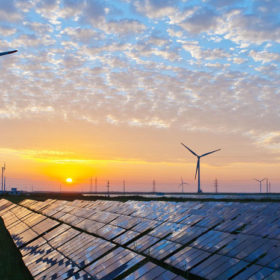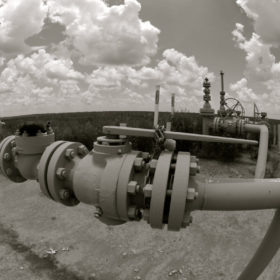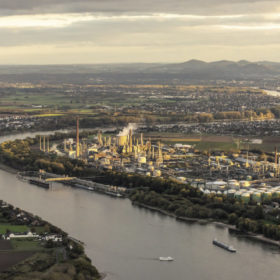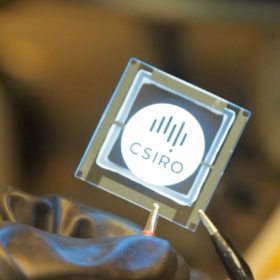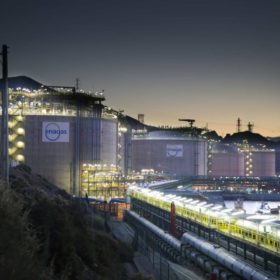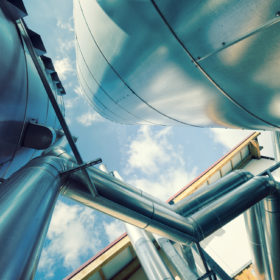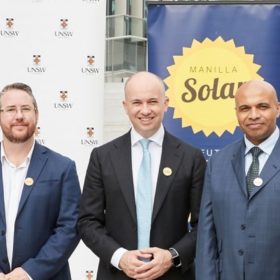Another remarkable year: 2019 saw renewables records tumble
With 4.4 GW of new renewable energy capacity installed and almost a quarter of Australia’s electricity supply now coming from renewable energy sources, 2019 was another year of extraordinary growth, according to the latest edition of the Clean Energy Australia report. As rooftop solar continued its record-breaking streak, big PV made up more than two-thirds of Australia’s large-scale renewable energy capacity installed last year. Meanwhile, the battery storage sector started to gain momentum.
Policy, policy, policy: BNEF beats a path to hydrogen uptake
A hot energy topic with little coordinated analysis, green hydrogen has attracted the nous and number crunching of BloombergNEF. And what numbers! The investment! The required renewable capacity! The potential for emissions reduction!
The weekend read: Hydrogen is getting cheaper
Electrolyzer manufacturers are in agreement on the goal of rapidly reducing investment costs, mainly through economies of scale. Some are embracing large units, while others are betting on quantity over size. The first approach is attractive for operators of large PV plants, while the latter is better suited to operators of small systems.
CEC CEO Kane Thornton on why ARENA needs refunding
With ARENA’s funding set to dry up in mid-2020, many around Australia are concerned the Government is preparing to toss the golden goose. Clean Energy Council head Kane Thornton is here to make sure that doesn’t happen.
CSIRO’s energy unit to sack staff prior to Government’s Carbon Reduction Roadmap
The CSIRO recently told its Energy Business Unit that shortfalls would see approximately 20% of jobs cut despite the Government’s much-awaited Carbon Reduction Roadmap pinning our hopes on technological innovation.
Australia, Singapore to drive cooperation on low-emissions technologies
The prime ministers of Australia and Singapore have agreed to work together on practical projects and initiatives in developing hydrogen markets and renewable electricity trade.
QUT to drive green hydrogen export through LNG-focused research center
Queensland University of Technology (QUT) researchers say they will play a key part in developing the green hydrogen export industry by driving production, storage and transport projects under the auspices of the newly established Future Energy Exports (FEnEx) Cooperative Research Centre.
Is green hydrogen necessary to balance a renewables grid?
A report by Norwegian energy consultant DNV GL has considered the opportunity for long-term energy storage to play a role in balancing annual supply and demand fluctuations in a renewables-led grid. Using 58 years of Dutch weather and energy consumption data, the study found long-term solutions such as green hydrogen could make a valuable contribution – but perhaps not as much as some analysts believe.
Stanwell’s utility-scale green hydrogen plans get financial shot in the arm
A feasibility study will explore a new option for producing and using renewable hydrogen with the help of funding provided by the Australian Renewable Energy Agency (ARENA). If the study supports the business case, the project run by Stanwell Corporation will deliver the largest hydrogen electrolysis plant in Australia.
UNSW hydrogen storage technology to debut at community solar farm
In its world-first application, hydrogen energy storage technology developed at UNSW Sydney will be installed in the regional town Manilla, which is set for one of Australia’s major community-owned solar farms. The storage deployment will be backed by an NSW government grant as part of a funding round that has awarded seven solar and battery community projects across the state.
